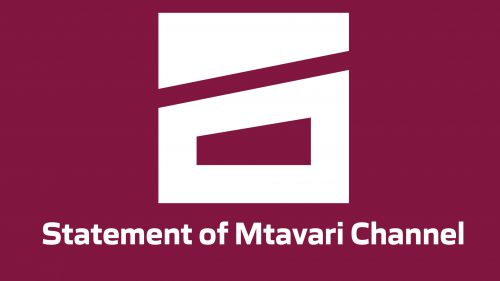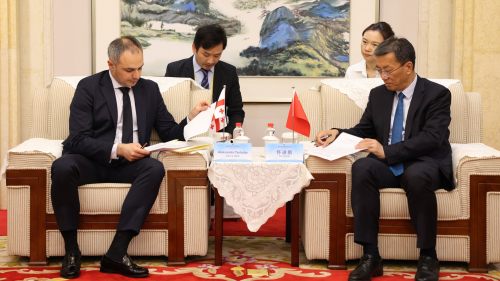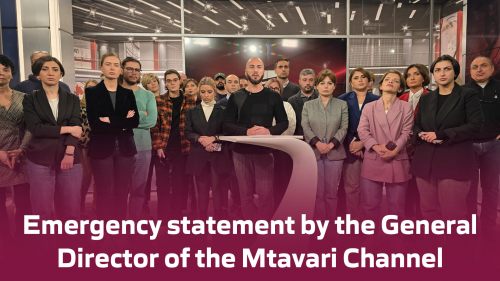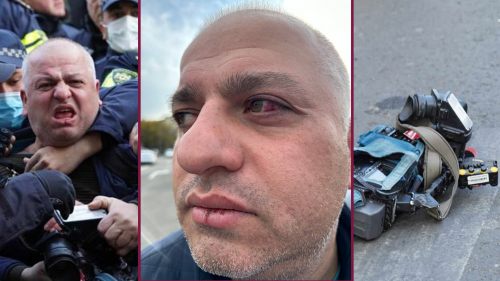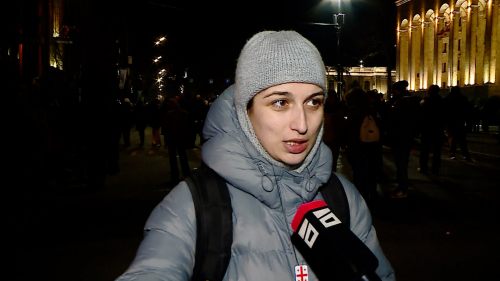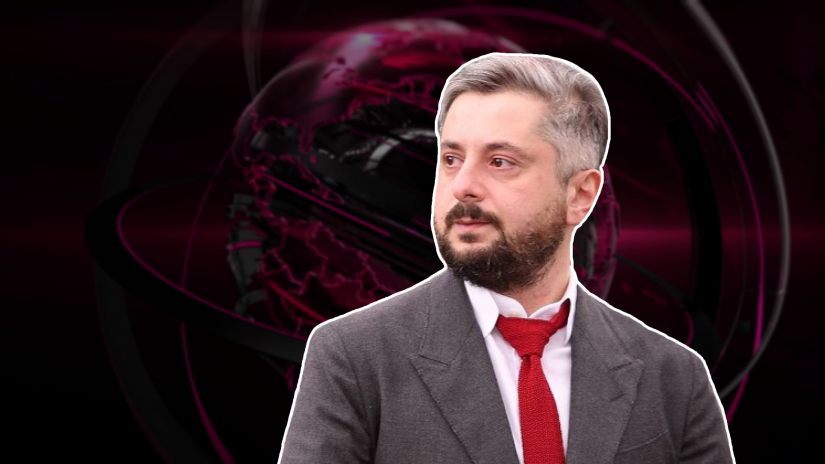
According to Mikheil Saakashvili's lawyer, Nika Gvaramia, the Strasbourg court granted the request of Mikheil Saakashvili's defense to take interim measures.
Nika Gvaramia spoke about it at a special briefing.
Our request for an interim measure has been granted. The court calls on Mikheil Saakashvili to end the hunger strike, which in itself recognizes the fact that the third president of Georgia is on hunger strike.
The court instructed the Georgian authorities to immediately inform them about the current state of Mikheil Saakashvili's health and to provide detailed information about all the medical procedures that have been carried out in connection with him at the moment in the 18th prison.
In addition, the Strasbourg court instructed the state to take into account the fact that it is obliged to ensure the safety and adequate treatment of prisoners, both in prison and in general, and also reminded the obligation that in case Saakashvili ends his hunger strike, the Strasbourg court ordered the state to ensure his adequate treatment, rehabilitation and safety of the highest quality.
We were also instructed to provide daily updates to the Strasbourg court on the condition of Mikheil Saakashvili, both in terms of health and safety.
On November 24, once again, this information will be reconciled and most likely, it will again discuss what is happening.
The case is a priority and here the court reminds the State of Georgia that any violation by it of its provisions is a violation of the Convention and will be considered as non-compliance by the State with the Convention.
We are glad that the fact that Mikheil Saakashvili is on hunger strike is internationally recognized, and I hope that the Georgian government will stop these speculations from today onwards.
Secondly, it is important for us that Mikheil Saakashvili, on the one hand, has a platform to end the hunger strike, but it is all related to the fulfillment of the state's obligations.
The state has an obligation to provide security and adequate medical care, both in prison and in general. If the possibility of enforcing the standard set by the Strasbourg court is not in prison, and we know that this is not the case, the state will violate the decision of the Strasbourg court because it fails to ensure the high-quality treatment and safety standards set by the decision," Nika Gvaramia said.



